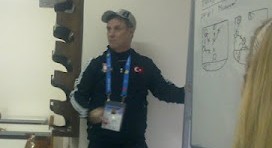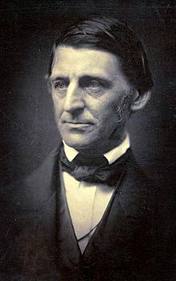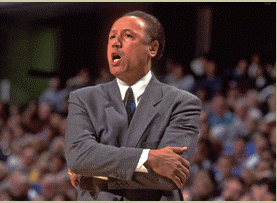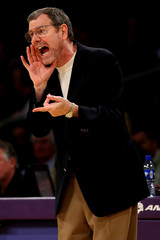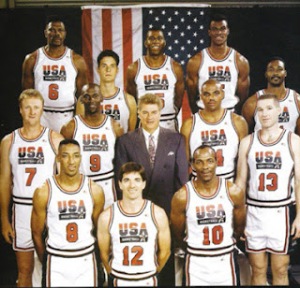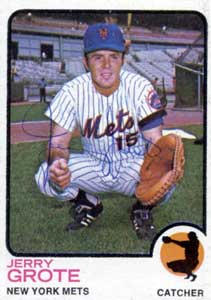“D” to “D” Reverse Defense @ Net
Double Reverse
Keys:
- The checkers skates must be pointing in same direction as puck carrier
- Stick of forechecker middle ice
Twelve Ways To Improve Your Practices & Team:
This is a copy of my philosophy on practice planning for my 14 and under club. My program is based on 11 ingredients:
1. Structure, Structure, Structure:
A successful practice has to be well planned and organized, following a clear set of objectives from start to finish.
- Dynamic Stretching & Warm Up Off-Ice
- Properly warming up the muscles and ligaments of the body is essential for avoiding injury
- Proper cool down after practice
2. Simple Warm-up On-Ice Stressing 1 or 2 Passing Drills:
- Effective warm-ups allow the players to become mentally and physically focused to begin the practice
- Spend a few minutes stretching center ice – If you have the ice time available.
3. Fundamentals & Defense:
- We work fundamentals and defense daily
- We take pride in the fact our players are equipped with the basics in puck handling, passing, shooting, rebounding, and defensive fundamentals
4) Game Preparation:
- Keep things simple and progress
- The key is executing the system and tactics being used
- Always be working on understanding how to read & react both on defense and offense
5. Predictable & Variety:
- Practice can become easily boring with the same drills
- I keep my schedule and practice format predictable, but continually introduce new progressions and drills to my practice
- I stay with drills until they master them
- If I sense things are becoming to boring I change the format
6. Competition:
- Encourage an atmosphere of hard competition too simulate a game-like level of play
- One of the best ways to create competition is to add back and forward pressure
- Keep score at practice of the things you are focusing on
7. Accountability:
- Considering rewarding hard play (I.e. Hustling for loose pucks, winning battles on the boards and getting rebounds.)
- Hold your players accountable for their performance
- Provide continuous positive feedback, and punishing poor play
8. Winning & Improving Is Fun:
- Don’t take yourself too seriously
- Make sure your players are having fun or they’ll lose their drive and focus for training.
9. We focus on drill that stress the following:
- Multiple touches & reps
- Multiple groups
- Multiple skill drills
10. Utilize Small Area Ice Drill:
- The younger the group, the more time I would spend on small ice drills.
- Small area drills give you more touches & reps
- Isolate one or more skills
11. End With Small Games
Work on basic game principles including; Pressure, Possession, Defense, Passing, Movement, Shooting & Rebounding! Set the game up to target an area of your performance.
- Design small side to sided games
- Diagonal half-ice games
- Practice game situations
- It is very hard to duplicating game situations with drills
Power Thoughts:
“Repetition of the same thought or physical action develops into a habit which, repeated frequently enough, becomes an automatic reflex.”
-Norman Vincent Peale
